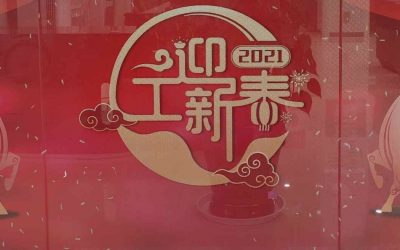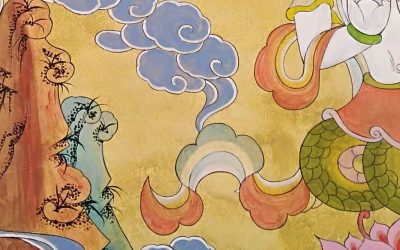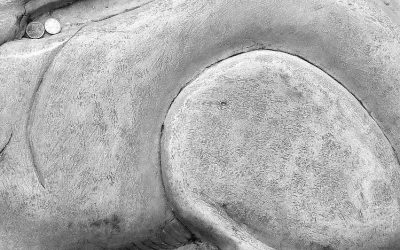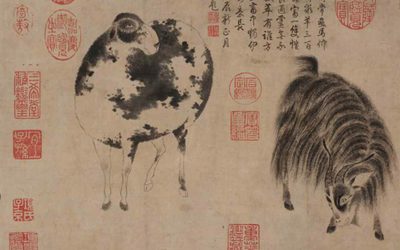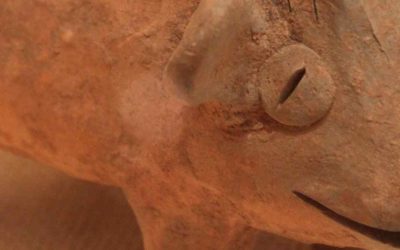A detective story among the Dai nationality
Among the rich folk literature of the Dai nationality, living in the south and western borders of Yunnan province, mainly in the Xishuangbanna and Dehong Autonomous Prefectures the tales of the tricksters[1] Aisu and Aixi have some of the most interesting contents.
The present tale, Solving a Case[2] is an interesting detective story, being the wise brothers the main detectives.
An old lady had collected ten silver dollars from selling fried glutinous-rice pies. She carefully put the money into a lard jar, but it was stolen. The old lady reported it to Payazhaomeng[3].
This is not difficult,’ said Payazhaomeng. In order to show his capability he led his officials and a hundred soldiers to the street and ordered, «Search everyone on the street. Whoever has ten silver dollars on him is the thief. You must catch him.»
The soldiers did as Payazhaomeng said. Anyone who happened to have brought ten silver dollars with him was arrested. Altogether fifty o sixty people were arrested. Who was actually the thief? Payazhaomeng looked at this man, looked at that man. Everyone looked like a thief. No one looked like a thief. Payazhaomeng was not sure who the real thief was.
The arrested people shouted that they wanted to go home. One said he was hungry, one said she had to nurse her child. Payazhaomeng did not know what to do. At this time Aisu and Aixi appeared on the street. The old lady asked them to help her get back her hard-earned money. Aisu and Aixi promised they would. They went to tell Payazhaomeng that they could solve the case.
Payazhaomeng snorted. You can solve the case? We searched everyone on the street and arrested dozens of them, but we still couldn’t find the thief.» Aisu said, «It won’t do to search and arrest.’
Aixi said, «»Set the people you arrested free. Tell people in the street to go home.»
«All right, said Payazhaomeng. «I1 see how you find the thief.
Aisu and Aixi borrowed a wok from a neighbour and propped it up at an intersection. They built a fire and poured a bucket of water into the wok. Payazhaomeng and his
officials chuckled. Were they going to boil hot water or were they going to solve the case?
They’d never seen anything like it before Aisu and Aixi told the people on the street that before they went home, they must throw a silver dollar into the wok. People walked to the wok one by one and threw a silver dollar into it. Each time Aisu scooped the dollar from the wok and returned it. When a man wearing elegant clothes threw a silver dollar into the wok, Aixi glanced at the hot water and yelled, «Stop!»
Everyone looked at the man. He was none other than the son of the minister who was helping Payazhaomeng solve the case. The minister was enraged. «He’s my son. Why don’t you let him go?»
Aixi said, «We are investigating the case. If we find a suspect, we must get the facts straight no matter who it is.»
Payazhaomeng shouted, «What evidence do you have?»
Aixi said, «Payazhaomeng, didn’t the old lady keep her money in a lard jar? The silver dollars must have been coated with lard. When lard meets hot water, it floats on top. He pointed at the hot water and said, «Here is your evidence¡”.
People went to look. They saw drops of oil floating on the hot water. Aisu asked the minister’s son to take out all his silver dollars and throw them into the hot water. Drops of oil floated from each of them.
Aixi said, «He is the thief.» Payazhaomeng and the minister were struck dumb. Aisu took the ten silver dollars out of the hot water and handed them to the old lady. Aixi pointed at the minister’s son and said to Payazhaomeng. «I’ll leave him to you’.
[1] Some tales about minority tricksters are translated to Spanish in my book. Pícaros y listos de las minorías de China. 2014.
[2] Dai Folk Legends. Adapted by Yan Wenbian, Zheng Peng and Gu Qing. Foreign Languages Press. Beijing. 1988. This book contains a nice collection of tales of these two tricksters.
[3] Local governor.
About me: I have spent 30 years in China, much of the time traveling and studying this country’s culture. My most popular research focuses on Chinese characters (Chinese Characters: An Easy Learning Method Based on Their Etymology and Evolution), Matriarchy in China (there is a book with this title), and minority cultures (The Naxi of Southwest China). In my travels, I have specialized in Yunnan, Tibet, the Silk Road, and other lesser-known places. Feel free to write to me if you’re planning a trip to China. The travel agency I collaborate with offers excellent service at an unbeatable price. You’ll find my email below.
Last posts
Kyzil Grottoes – Primitive Buddhist art on the Silk Road
The Kyzil Grottoes - Primitive Buddhist art on the Silk Road The Kizil Grottoes are located on the cliffs of Minya Dag Mountain facing the Muzhati River, 7 km southeast of Kizil Township, Baicheng County, and about forty-three kilometers west of present-day Kucha,...
All you need to know about the ox in the Chinese horoscope
All you need to know about the ox in the Chinese horoscope The ox is a very beloved animal among the Chinese, despite its size, it is tame and peaceful, often in the villages, it is the youngest children who take it to the field to play, it rarely acquires the fierce...
The snake in the Chinese horoscope
The snake in the Chinese horoscope The snake is an ambiguous animal in the collective image of the Chinese people. On the one hand, it is considered similar to the dragon. Many Chinese authors recognize that the dragon, nonexistent, is nothing more than the...
The Rabbit in the Chinese horoscope
The Rabbit in the Chinese horoscope The rabbit is a tender and adorable animal, which highlights its extraordinary fertility, perhaps that is why in the Chinese horoscope is the animal most closely related to the moon, the female star par excellence. This...
The goat in the Chinese horoscope
The Goat in the Chinese horoscope The goat and the sheep are confused in the symbolism of Chinese culture, as both are written with the Yang character 羊, specifying that the sheep gives wool (绵羊) and the goat lives in the mountain (山羊), in general, both have an...
The Pig in the Chinese horoscope
The Pig in the Chinese horoscope The pig in Chinese culture is an ambiguous character. It is seen as fat and ugly, feeding on the dirtiest things, but at the same time, its meat is the most appetizing for the Chinese. His meat is "meat" in general, as an archetype of...






